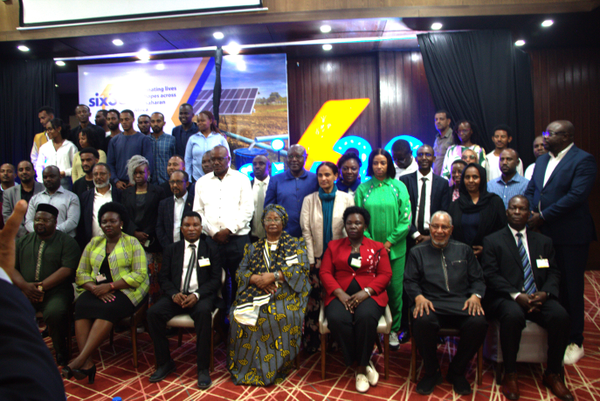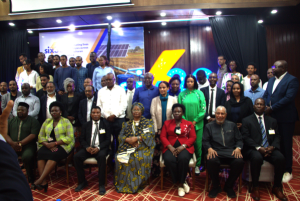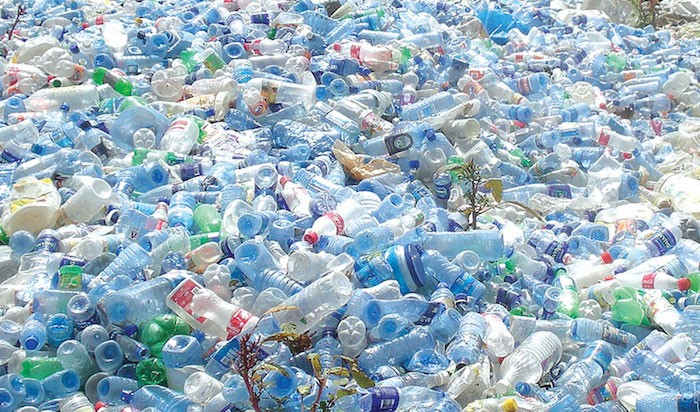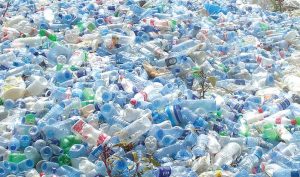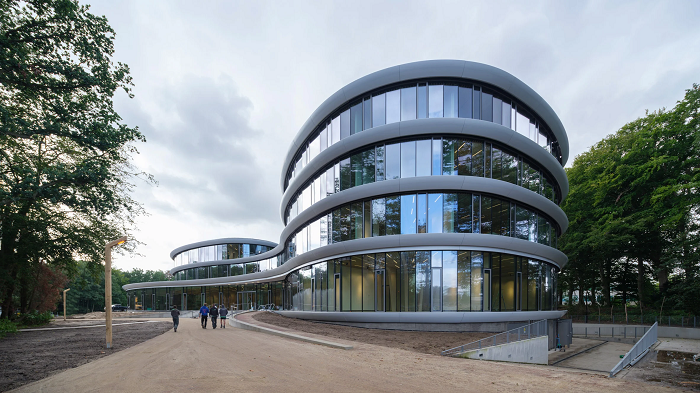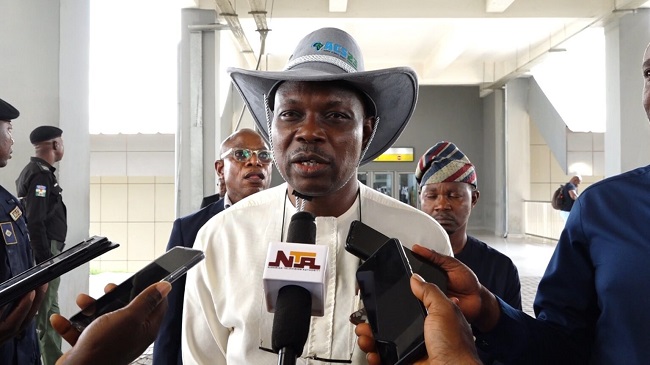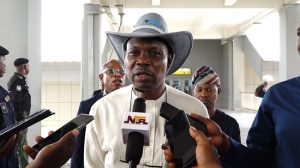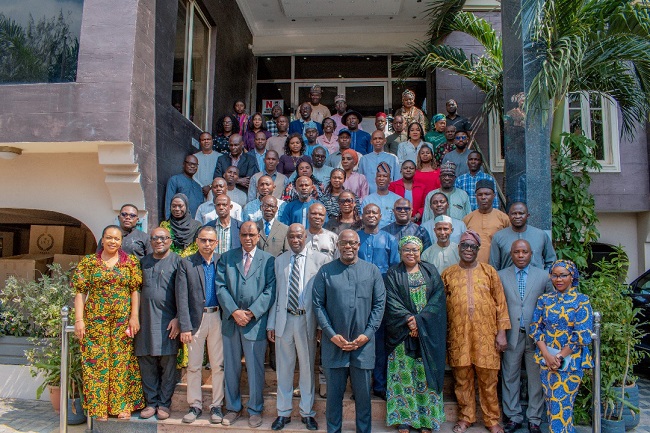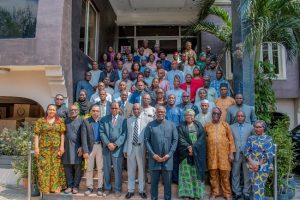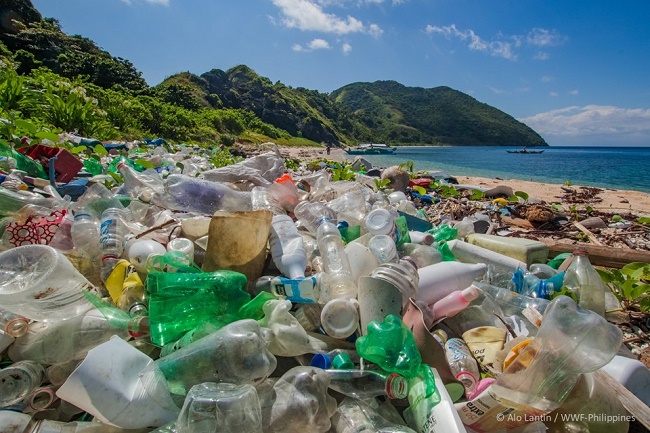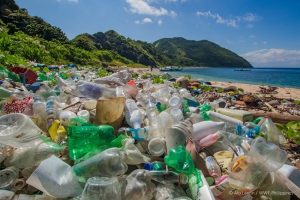US President Joe Biden has announced $7 billion in awards through EPA’s Solar for All programme and unveiled major steps to advance the American Climate Corps.
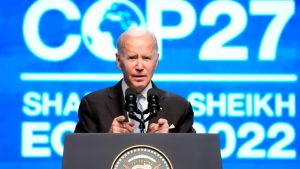
Building on his climate, clean energy, and environmental justice agenda, President Biden on Monday, April 22, travelled to Prince William Forest Park in Triangle, Virginia, to celebrate Earth Day 2024, and highlighted his Administration’s unprecedented progress in tackling the climate crisis, cutting costs for everyday Americans, and creating good-paying jobs.
The President announced $7 billion in grants through the Environmental Protection Agency’s Solar for All grant competition, a key component of the Inflation Reduction Act’s $27 billion Greenhouse Gas Reduction Fund.
Selectees under the Solar for All programme will serve every state and territory in the nation and deliver residential solar power to over 900,000 households in low-income and disadvantaged communities, saving overburdened households more than $350 million in electricity costs annually – approximately $400 per household – and avoiding more than 30 million metric tons of carbon pollution over the next 25 years.
Joined by future members of President Biden’s American Climate Corps, including current AmeriCorps members, President Biden also announced several new actions to stand up the American Climate Corps – a groundbreaking initiative modeled after FDR’s Civilian Conservation Corps that will put more than 20,000 young Americans to work fighting the impacts of climate change today while gaining the skills they need to join the growing clean energy and climate-resilience workforce of tomorrow.
These announcements come on the heels of a series of major conservation actions by the Biden-Harris Administration.
Last week, the Department of the Interior published a final rule to maximise protections of significant surface resources such as irreplaceable wildlife habitat for caribou and migratory birds on more than 13 million acres in the western Arctic while supporting subsistence uses and needs of Alaska Native communities. This action brings the number of acres of America’s lands and waters conserved under President Biden to 41 million.
Throughout Earth Week, the Biden-Harris Administration will announce additional actions to build a stronger, healthier future for all: Tuesday will focus on helping ensure clean water for all communities; Wednesday will focus on accelerating America’s clean transportation future; Thursday will focus on steps to cut pollution from the power sector while strengthening America’s electricity grid; and Friday will focus on providing cleaner air and healthier schools for all children.


